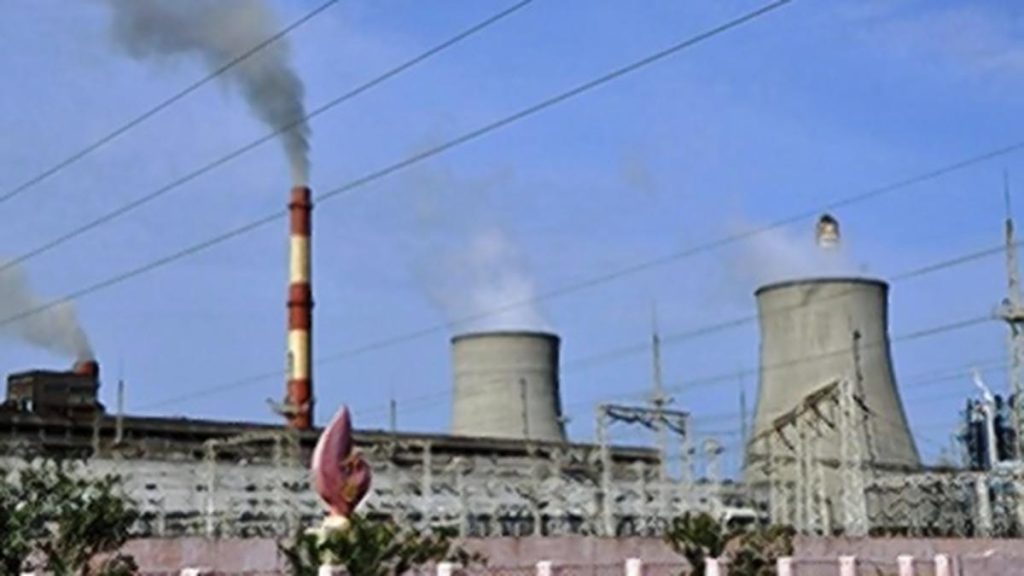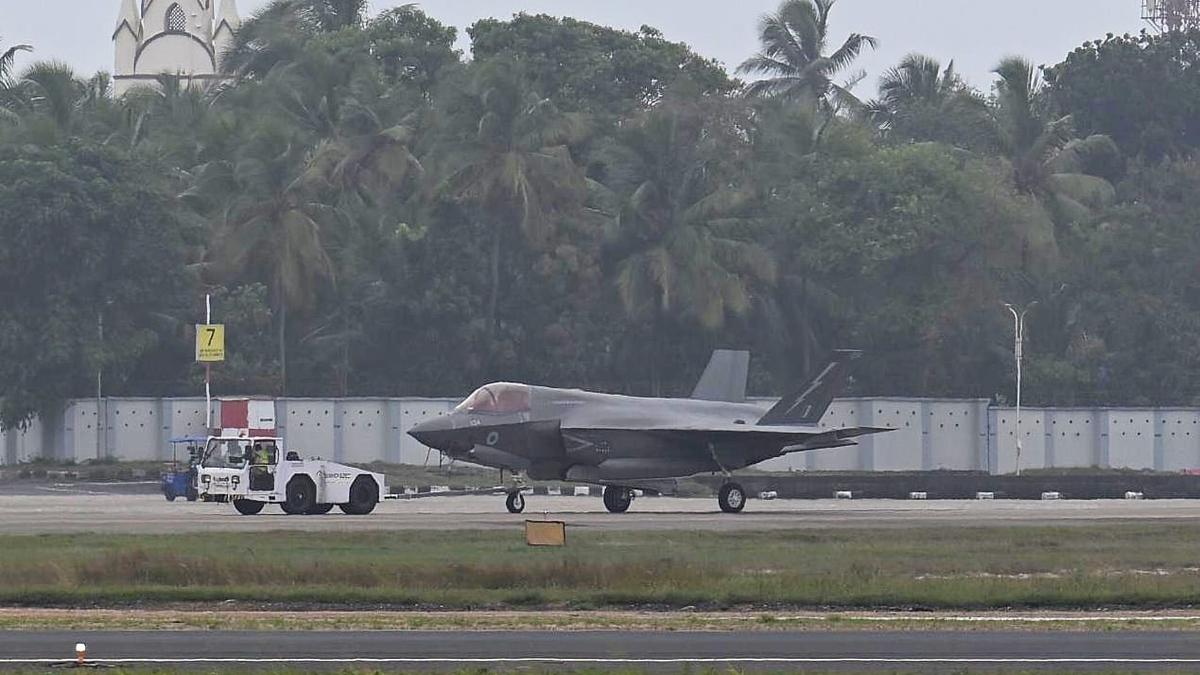Now Reading: India Becomes Top Importer of Malaysia’s Oil Palm Seeds Amid Rising Demand
-
01
India Becomes Top Importer of Malaysia’s Oil Palm Seeds Amid Rising Demand
India Becomes Top Importer of Malaysia’s Oil Palm Seeds Amid Rising Demand
### quick Summary
– India is Malaysia’s largest importer of germinated oil palm seeds, driven by India’s push to enhance domestic palm oil production.
– In 2024, India imported 3.03 million tonnes of Malaysian palm oil, accounting for 17.9% of Malaysia’s total exports.
– India aims to expand palm oil cultivation to one million hectares by 2025-26 adn hit crude palm oil production targets of nearly 2.8 million tonnes by 2029-30 under the National Mission on Edible Oils-Oil Palm scheme.
– Currently, the area under palm oil cultivation in India is approximately 370,000 hectares as of mid-2025; efforts are concentrated in northeastern states and island regions.
– Seed trade between the two nations remains informal and largely ad hoc without long-term agreements; transactions focus on providing quality planting materials with technical expertise from Malaysia.
– Economic adjustments such as India’s tariff reductions aim to stabilize cooking oil prices while moderating Malaysian export volumes to India; however, Malaysia remains committed as a key supplier to its Indian partners.
– Advances in breeding programs at the Malaysian Palm Oil Board have introduced high-yield seed varieties promising double production rates and longer economic lifespans for plantations.
—
### Indian Opinion Analysis
India’s growing collaboration with Malaysia reflects strategic alignment in its pursuit of self-sufficiency within the edible oils sector via increased domestic cultivation. The partnership supports both nations-India addresses dependency issues while reducing import bills for cooking oils amidst fluctuating global prices, whereas Malaysia secures its leading position amidst European ecological restrictions through diversification into Asian markets.
The National Mission on Edible Oils-Oil Palm highlights India’s targeted approach toward becoming a significant player in global agriculture while simultaneously lifting rural economies through focused investment in northeastern states and islands. However, challenges like informal trade setups or gaps in contract standardization could slow progress if not addressed promptly.
Malaysia’s advanced seed technology complements Indian efforts well but underscores dependence on foreign expertise-an aspect that may require gradual indigenization over time if sustainability goals are prioritized long term. Continued focus on research concerning climate-resilient cultivars will be crucial against potential environmental challenges across tropical regions shared by both countries.
Link: [Read more here](https://www.thehindu.com/news/national/)
Images:
























